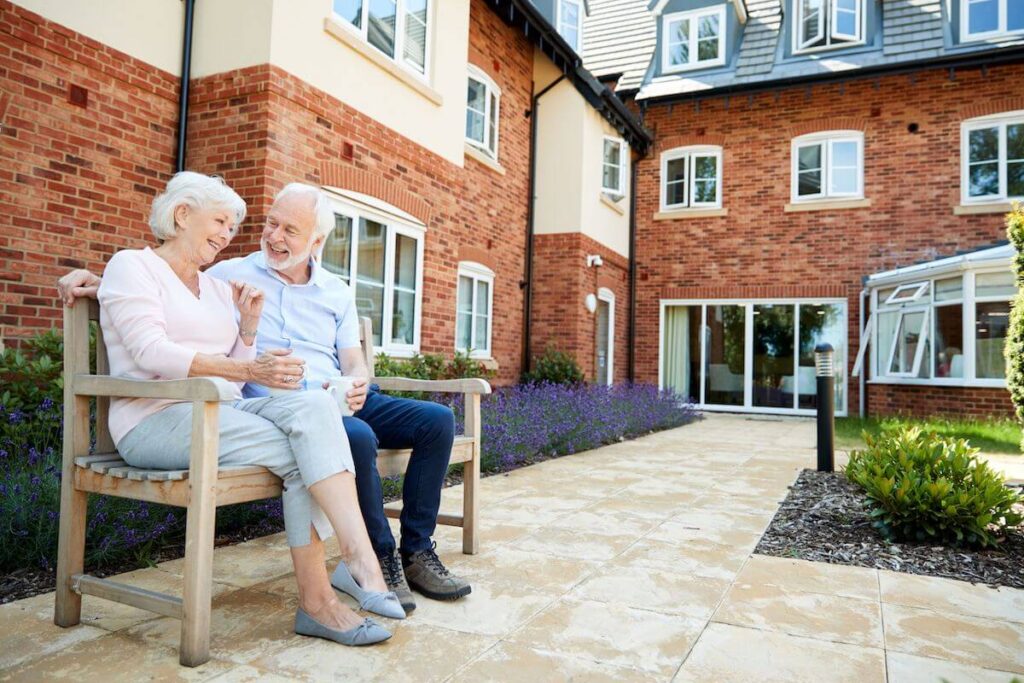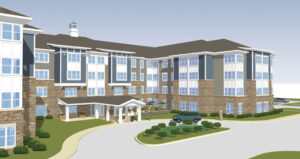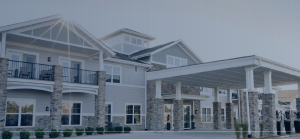As the Baby Boomer generation enters its senior years, the priorities shaping their choice of housing are becoming clearer. This influential demographic cohort is looking beyond mere amenities and location; they are seeking communities where they feel safe, socially engaged, and where their lives can continue to have purpose.
Safety and Belonging: A Foundation for Senior Living
Feeling safe is a fundamental need at any age, but for seniors, it takes on a new dimension. As they downsize from long-time family homes, Baby Boomers are looking for senior housing that offers not just physical safety through secure facilities and health care options, but also a sense of emotional security and belonging. The ideal environment is one where residents can form strong bonds with neighbors and staff, creating a tight-knit community that feels like an extended family.
Communities that emphasize inclusivity and create spaces for shared experiences tend to attract seniors seeking this sense of belonging. Programs that pair new residents with longer-term ones, communal dining areas, and shared gardens are just a few examples of how senior housing can foster a welcoming atmosphere.
Social Engagement: The Key to a Vibrant Senior Lifestyle
The decision to move from a long-time home isn’t easy, and one of the driving factors for many Boomers is the desire for greater social engagement. Senior housing communities are increasingly designed with this in mind, offering a rich tapestry of social activities that encourage interaction and foster friendships.
From book clubs and art classes to dance lessons and group travel, these activities address the risk of social isolation, which can have serious health implications for seniors. A community that bustles with opportunities for engagement allows residents to lead full social lives without having to venture far, providing convenience alongside community.
Purposeful Living: More Than Just a Place to Stay
For Baby Boomers, retirement isn’t about slowing down; it’s about having the freedom to pursue passions and interests with the added benefit of time. Senior housing options are evolving to meet this desire for purposeful living. This means offering more than just comfortable accommodations; it involves providing avenues for residents to contribute, learn, and grow.
Senior communities are finding innovative ways to enable residents to feel purposeful, whether that’s through mentoring programs, teaching opportunities, or community service projects. These initiatives allow residents to impart wisdom, stay mentally active, and maintain a sense of purpose and self-worth.
Integrating Safety, Engagement, and Purpose in Senior Housing
The challenge for senior housing providers is to create environments that seamlessly integrate these three priorities. It’s about crafting spaces that are not only safe and comfortable but also offer a variety of social opportunities and ways to remain purposefully engaged.
For example, some communities have begun partnering with local colleges to offer educational classes on-site, while others have developed volunteer programs connected to local non-profits. These kinds of offerings tap into the Baby Boomer’s desire for lifelong learning and community involvement.
Conclusion
As the Baby Boomer generation transitions into senior living, they bring with them a set of priorities that are reshaping the landscape of senior housing. They are not content with passive retirement; they want active engagement, a sense of security and belonging, and the ability to live purposefully.
The senior housing communities that will thrive in the coming years are those that recognize and cater to these needs, creating environments where Baby Boomers can continue to grow, contribute, and connect. This approach will not only benefit the residents but also enrich the broader community, as active and engaged seniors have much to offer society at large.
Senior communities are finding innovative ways to enable residents to feel purposeful, whether that’s through mentoring programs, teaching opportunities, or community service projects. These initiatives allow residents to impart wisdom, stay mentally active, and maintain a sense of purpose and self-worth.






